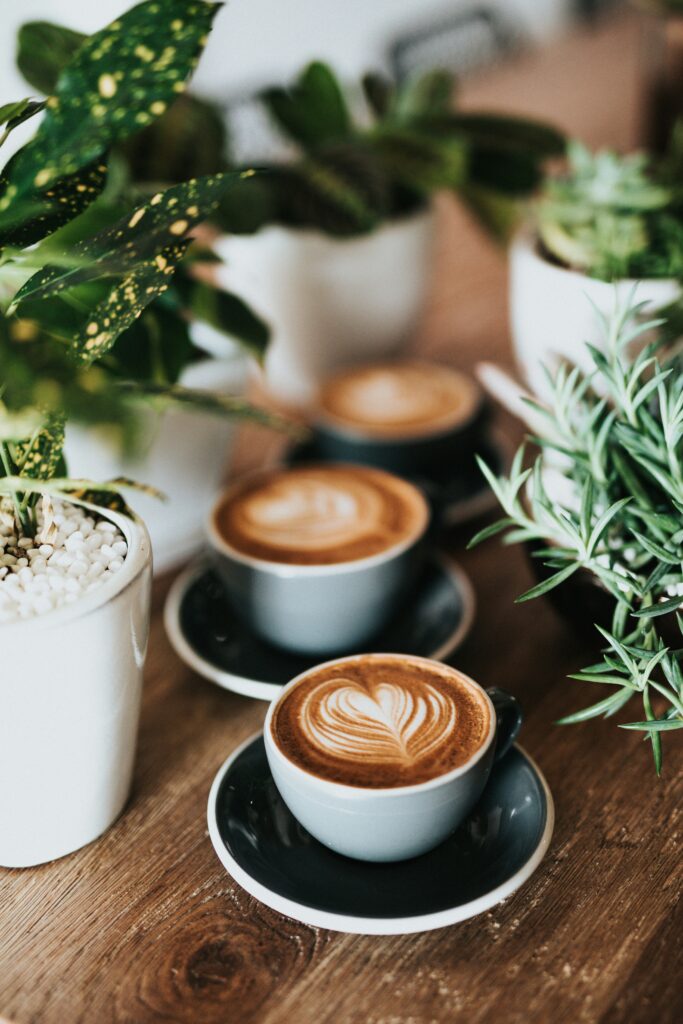Luigi Lavazza opened his artisanal coffee house in Turin, Italy, in 1895, pioneering a practice that is now commonplace around the world – creating coffee blends for domestic consumption.
Until Lavazza created its blending technique, coffee was often unpredictable, varying wildly in taste depending on where and when it was sourced. Thanks to his background in chemistry, Luigi was able to create the perfect formula for great-tasting blends, a talent that quickly saw demand for his product grow.
With the purchase of his first Eureka, a machine that could roast a game-changing 12kg of coffee in a single cycle, the stage was set for the launch of the first official Lavazza coffee store in 1927.
Still owned by the same family today, Lavazza is now the world’s seventh-ranking coffee roaster, bringing in revenues of over USD 2.2bn. In the company’s native Italy, it enjoys a market share of 36%.
Lavazza is a global success, too. The company employs almost 4,000 staff worldwide and exports 46% of its total production. Operating from six production sites, it distributes its famous blends through associated companies in more than 90 countries.
The Lavazza brand is held in such high esteem that its Training Centre, formerly known as the “Luigi Lavazza Centre for Coffee Research”, has expanded across a network of over 50 schools worldwide, taking in 30,000 trainees annually.
In recent years, a series of acquisitions has seen the company reach new heights. Between 2018 and 2022, Lavazza either took over or purchased a majority stake in the Carte Noire, Kicking Horse Coffee and MaxiCoffee brands. It also partnered with beverages giant Pepsi to launch a ready-to-drink canned coffee during the same period.
